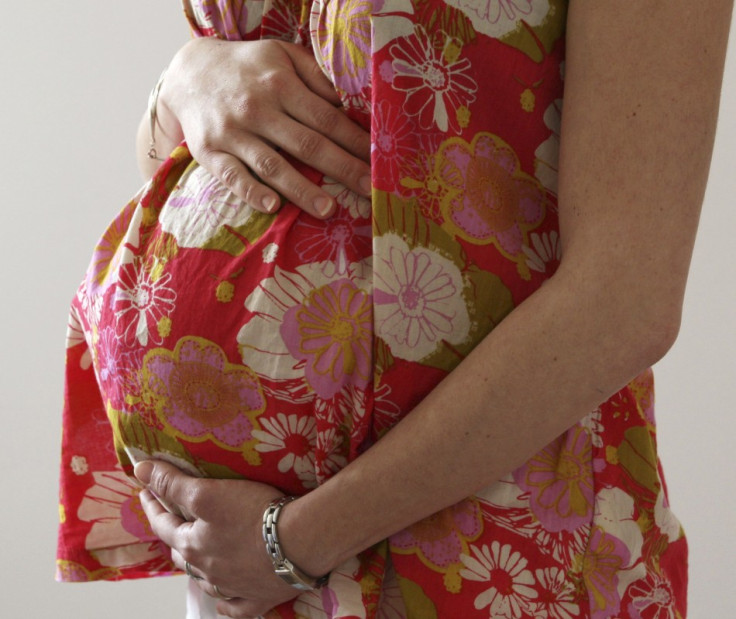Diet During Conception Increases Risk of Obese Child: Research

Women, who diet during conception or the early stages of pregnancy, put the child at risk of becoming obese or diabetic in their later life, a research suggests.
The University of Manchester conducted the study on pregnant sheeps - some with single baby and some with twins. During the study some of the pergnant sheeps were given less amount of food for the first 30 days during their conception and the other group were well-fed throughout the pregnancy.
The research team from UK, Newzeland, Canada then examined the tissues in the brain of the fetus sheep and checked if there was any changes in their DNA structure.
"We found that unborn twin lambs had changes in the structure of DNA in the region of the brain that regulates food intake and glucose that resulted in an increased chance of diabetes in adulthood. Our findings provide a reason why twins are more likely to get diabetes but we have also shown that mothers who don't have enough food around the time of conception may have a child who grows up with an increased risk of obesity," Medical news quoted Annie White, who led the team, as saying.
The changes were not found in the genetic code but in the expression of genes. The changes in the structure of DNA affects the genes. It is basically the non-genetical way in which the DNA f offspring can be altered. The study also revealed that the changes are not inherited ones.
If this result is applied in human there are chances of child developing obesity and diabetes in the future, more likely in the twins or the children of mothers who were eating poorly at the time of conception.
Professor White said," What is significant is that the changes we have found are in genes that control food intake and glucose levels and alterations in these genes may lead to obesity and diabetes."
"Our study is important because it shows that factors in the brain can be altered by non-hereditary mechanisms and this results in changes in the body, which could make people obese. The findings may provide a new understanding of why twins can develop diabetes and also suggests that dieting around the time a baby is conceived may increase the chance of the child becoming obese later in life," he added.
The study is significant, as the number of people with obesity and diabetic problem is increasing. Due to women becoming pregnant at later stage and also using artificial reproductive technologies, the rate of twins are steadily increasing, reprort says.
The research reccommends women who are becoming pregnant, or thinking of becoming pregnant, to intake healthy food in order to avoid such health risks in the future. They shouldn't be actively dieting unless recommended by their healthcare practitioner.
© Copyright IBTimes 2025. All rights reserved.





















